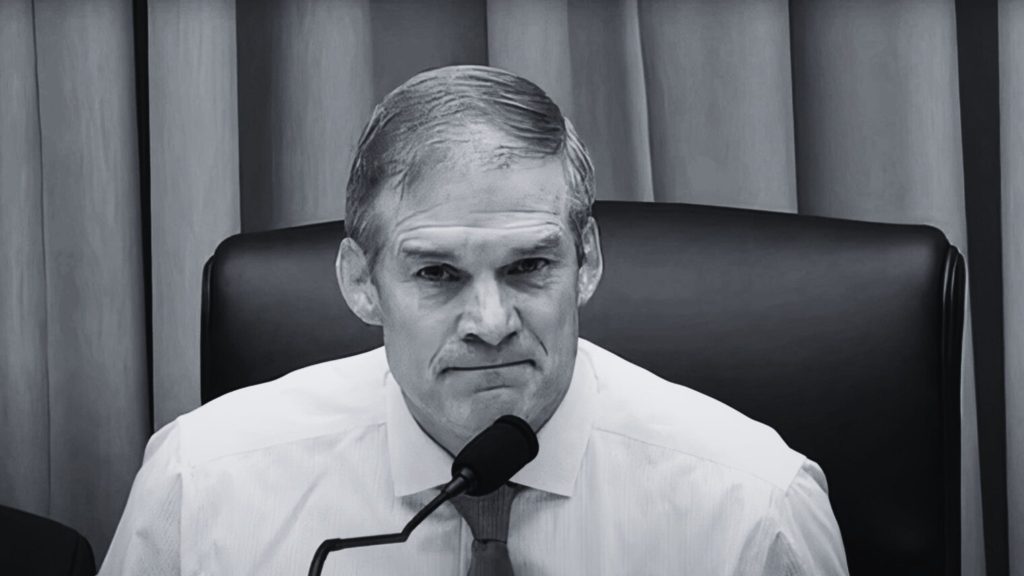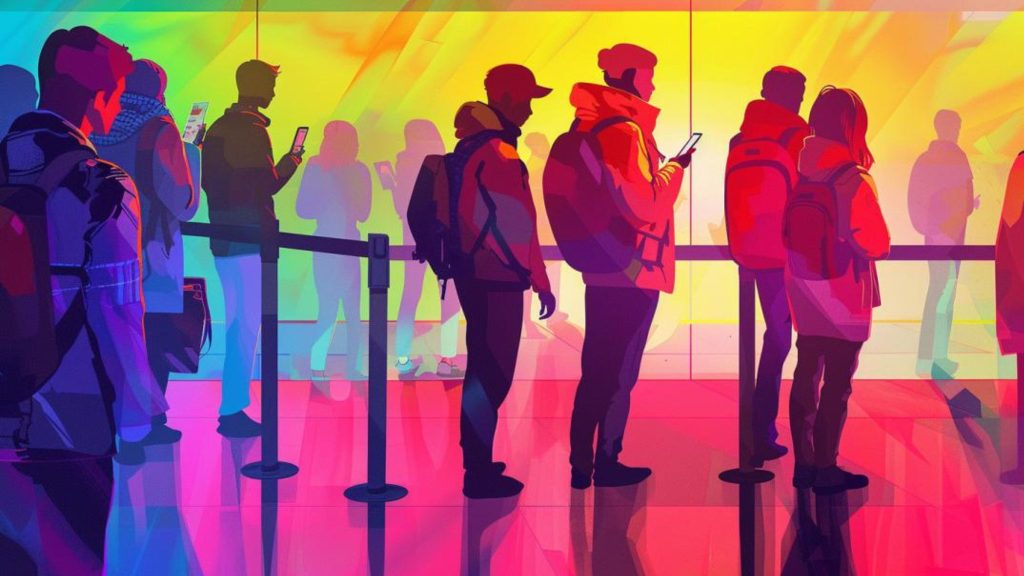The United States’ 1996 Communications Decency Act (CDA) Section 230 has worked very well in the intervening years to enable the development and rise of social media and tech giants as legally unencumbered platforms when it comes to publishing third-party user content.
That’s what’s allowed the shape and the face of the internet as we know it today – but also the unprecedented rise in terms of the influence wielded by some of these companies, like Google, Facebook, Apple, and others.
Section 230 protections are currently some of the most debated issues in the political realm, exploring Big Tech’s legal status in the US. MLex, a site looking into market regulatory news, reports about a new challenge here.
In this case, it’s the families of victims of attacks perpetrated by the Hamas terror group over two years – 2014 to 2016 – who want the US Supreme Court “to reconsider the broad immunity for content” posted on the web, and allowed thanks to CDA’s Section 230 provisions.
Hamas operates in the Middle East – by and large in Israel. This petition is spearheaded by the estate of US military veteran and graduate student Taylor Force who was stabbed to death by a Hamas attacker in Tel Aviv in 2016, the article said.
The case might prove to be “the first challenge before the US Supreme Court” to Section 230, it is added – and the gist of it revolves around social media networks like Facebook allowing Hamas to post their content on the platform.
“The US Court of Appeals for the Second Circuit found that Facebook is immunized by Section 230 for content posted by Hamas on Facebook’s platform,” MLex writes.
However, the petition now filed before the US Supreme Court says that “the courts of appeals are divided as to whether (as the Second Circuit held) section 230 creates a form of general immunity applicable to all possible civil claims, or only precludes (in certain circumstances) treating interactive computer service providers as ‘publishers’ with regard to claims that specifically require a plaintiff to establish that the defendant is a publisher.”
In other words, the petition is based on one of the US courts of appeals, that for the Seventh Circuit, disagreeing with the Second, Fourth and Ninth Circuits who all found that Section 230 gives “nearly bulletproof immunity for legal liability for content posted to social networks and other interactive computer services.”
The case falls into the ongoing debate about whether CDA and Section 230 are still valid in the modern internet world – and they are attacked from various corners for different reasons.
Big Tech, for its part, would like this particular point of pressure to go away – and they want the legal liability status quo to continue, and continue to enjoy the status of platforms rather than publishers.
“Few experts expect Section 230 to be gutted, but the chances it will be amended or limited by Congress or the courts are much greater,” MLex writes.
If you're tired of censorship and dystopian threats against civil liberties, subscribe to Reclaim The Net.









